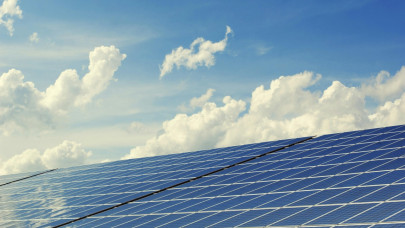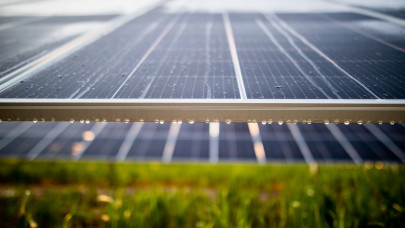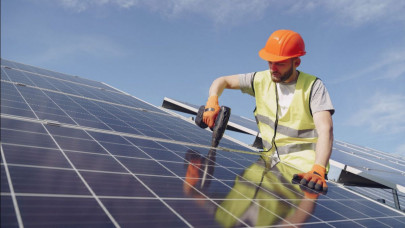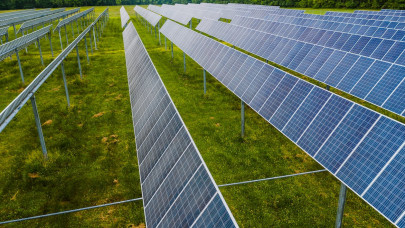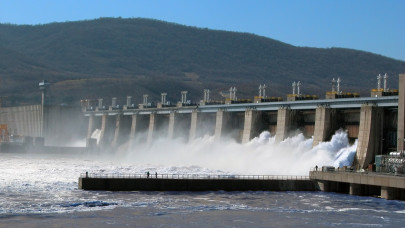The update of the Renewable Energy Directive (RED), already agreed upon between MEPs and the Council, raises the share of renewables in the EU's final energy consumption to 42.5% by 2030. Member states should strive to achieve 45%.
The legislation will also speed up procedures to grant permits for new renewable energy power plants, such as solar panels or wind turbines, or to adapt existing ones. National authorities should take no longer than 12 months to approve new renewable energy installations if located in so-called “renewables go-to areas”. Outside such areas, the process should not exceed 24 months.
In the transport sector, renewables deployment should lead to a 14.5% reduction by 2030 in greenhouse gas emissions, by using a greater share of advanced biofuels and a more ambitious quota for renewable fuels of non-biological origin, such as hydrogen.
MEPs also secured that member states set an indicative target for innovative renewable energy technology of at least 5% of newly installed renewable energy capacity, as well as a binding framework for cross-border energy projects. They pushed for stricter criteria on the use of biomass to ensure that the EU does not subsidize unsustainable practices.
Biomass harvesting should be done in a way that prevents negative impacts on soil quality and biodiversity.
"In our pursuit of greater energy independence and CO2 reduction, we have raised our renewable energy targets. This directive is evidence that Brussels can be unbureaucratic and pragmatic. We have designated renewables as an overriding public interest, streamlining their approval process. Our focus encompasses wind power, photovoltaics, hydropower, geothermal energy, and tidal currents. Biomass from wood will remain classified as renewable energy. Under the principle of ‘Positive silence', investments will be deemed approved in the absence of administrative feedback. We now urgently need an EU electricity market design and an immediate shift to hydrogen for a greener transition", says lead MEP Markus Pieper (EPP, DE).
The legislation was adopted with 470 votes to 120, with 40 abstentions. It will now have to be formally endorsed by the Council in order to come into law.
The legislative revision stems from the Fit for 55' package, adapting existing climate and energy legislation to meet the new EU objective of a minimum 55% reduction in greenhouse gas (GHG) emissions by 2030 (REDIII). The proposed targets were further raised under the REpowerEU package, which aims to cut European dependence on fossil fuel imports from Russia, following its aggression in Ukraine. This law also brings new measures aiming to shorten the approval procedure for the deployment of renewables.
In adopting this report, Parliament is responding to citizens' expectations expressed in proposals 3(1), 3(3), 3(4), 3(5), and 3(6) of the conclusions of the Conference on the Future of Europe to accelerate the EU's green transition, particularly through: increased investments in renewable energy; reducing dependence on oil and gas imports through energy efficiency projects and the expansion of clean and renewable energy provision; improving the quality and interconnectivity of the electrical infrastructure to enable the transition to renewable energy sources; investing in technologies to produce renewable energy, such as efficient production and use of green hydrogen; and, investing in the exploration of new eco-friendly sources of energy and storage methods..


